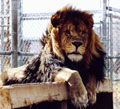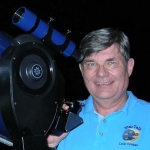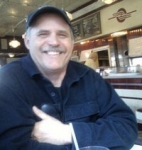I know there are competing dream-recall theories in neuroscience today. I am under the impression that consensus has wakefulness as a facilitator of dream recall. However, I don't think there is presently any kind of consensus casting immediate wakefulness as a biological imperative for dream recall. I sure could be wrong about that.jnk wrote:I wonder how many dream-recall specialists these days agree with these words that Goodenough wrote in the late 70's:
"Dream recall failures should occur unless the sleeper awakens within a matter of seconds after the dream experience occurs. If arousal takes place during the life of the short-term trace then the content of the dream experience which immediately preceded the awakening may be retrievable from the short-term store directly. Given this retrieval as an entry into the long-term store, the dreamer may then be able to recall some of the preceding content of that dream experience. If the awakening is delayed until the short-term trace has expired, then retrieval may no longer be possible, or it may be much more difficult."
The source I got that from seems to indicate that theories differ on how long the short-term trace lasts:
http://books.google.com/books?id=eV5g78 ... el&f=false
Koulack and Goodenough's position referenced above doesn't really seem to lend much support to early-session or even mid-session "lucid dreaming" as a learnable skill:
http://scholar.google.com/scholar?q=%22 ... =en&tab=ws
But there's plenty of academic chatter, in general, kicking around these days about "dreaming mnemonics":
http://scholar.google.com/scholar?q=dre ... =en&tab=ws
And "dream recall" in relation to "memory" and "cognition":
http://scholar.google.com/scholar?hl=en ... =&as_vis=0
The problem I have with Koulack and Goodenough's dream-recall theory is that it equates or allocates memory processing of internally-generated subconscious dreams, exclusively with that very same mechanism the mind uses to cognitively process/store interactive experiences of external stimuli during wide-awake moments...
However, widespread PSG instrumentation in this decade and the last should have managed to pin down wakefulness as a dream-recall requirement with this one simple, hard epidemiological pattern: universal failure of dream recall to occur across the populace in undisturbed sleep sessions. I could be very wrong, but I don't think that hard pattern ever emerged in epidemiology. I think if it had, sleep medicine would likely have begun addressing dream recall as if it were a clear indicator of pathological sleep. And to the best of my knowledge, contemporary sleep medicine does not view dream recall in that context at all.
That said, I'm probably wrong about everything I've said in this thread!




















